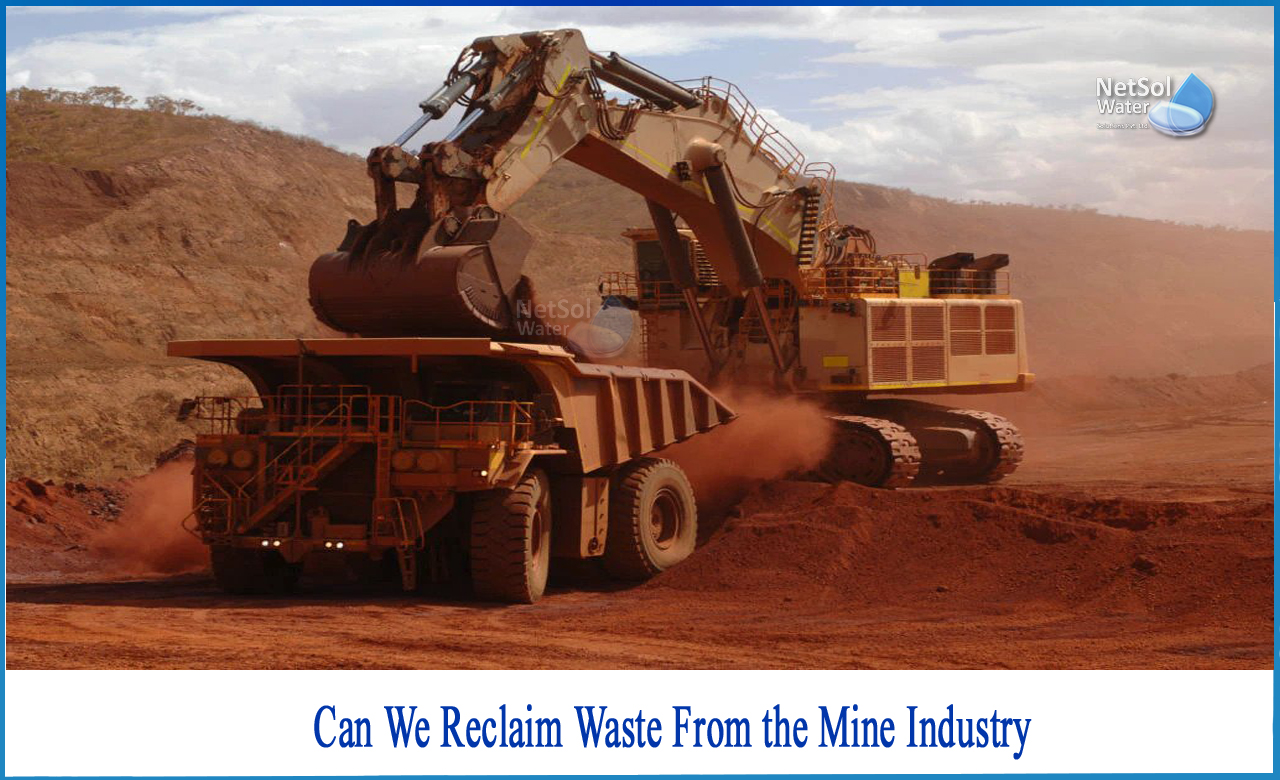Can we reclaim waste from the mine industry?
Mining companies, like everyone else, can recycle paper and cardboard, plastic bottles, batteries and other e-waste, and steel and aluminum cans.
While this may be relatively simple for mining company offices located in towns and cities with established recycling services, logistics may make recycling of these everyday items an expensive and inconvenient task for mine sites located in remote areas.
Behind the reclaiming, the primary goals are to ensure that coal mines are operated in a way that protects citizens and the environment during mining and that the land is returned to beneficial use after mining, as well as to mitigate the effects of past mining by aggressively pursuing reclamation of abandoned coal mines.
Reusing mining equipment
Mining machines range in size from trucks to trains to ore crushing and ship loading equipment. Vehicles and port infrastructure are made up of a lot of steel, which is 100% recyclable. Rubber from large tyres and conveyor belts can also be recycled or converted into fuel.
Tailings and tips are recycled
It may become economically viable to reprocess old mine tailings as mining technology improves or during periods of high commodity, prices. Tailings may still contain trace amounts of minerals that were not worth extracting when they were first processed.
Landfill mining is an exciting area in which mining companies can apply their expertise. This is where old landfill sites are excavated and materials are processed for a variety of reasons. The primary reason may be to remove hazardous materials, but valuable recyclable materials can also be recovered in the process.
Recycling and recovery of mercury
While some mercury is intentionally mined, this toxic metal is also discovered as a byproduct of the mining of other metals such as zinc, gold, and silver. Rather than being dumped into the tailings stream, it is critical that this mercury be recovered and safely used for a variety of purposes.
Netsol has the expertise and equipment to extract mercury from mining concentrates, contaminated soil, sludge, and other materials. This not only protects the environment, but it can also increase the value of the decontaminated product, whether precious metals or land.
A traditional treatment design approach would have used the high-density sludge (HDS) process, which is widely used in the industry. The HDS process is straightforward, but it does necessitate recirculating a portion of the previously settled solids from the clarifier and dosing the solids with lime before mixing the solids/lime slurry with the untreated mine drainage. Surface chemistry reactions cause dissolved pollutants to adsorb and precipitate on the surface of the recirculated sludge, increasing density and settling rates.
Conclusion
Single treatment strategy does not work for every situation. To match solutions to a customized strategy, treatment is required. The strategy guides you through the process of selecting the best processes, design parameters, chemical requirements, chemical dosages, and equipment sizing.
Netsol Water is Greater Noida-based leading water & wastewater treatment plant manufacturer. We are industry's most demanding company based on client review and work quality. We are known as best commercial RO plant manufacturers, industrial RO plant manufacturer, sewage treatment plant manufacturer, Water Softener Plant Manufacturers and effluent treatment plant manufacturers. Apart from this 24x7 customer support is our USP. Call on +91-9650608473, or write us at enquiry@netsolwater.com for any support, inquiry or product-purchase related query.



